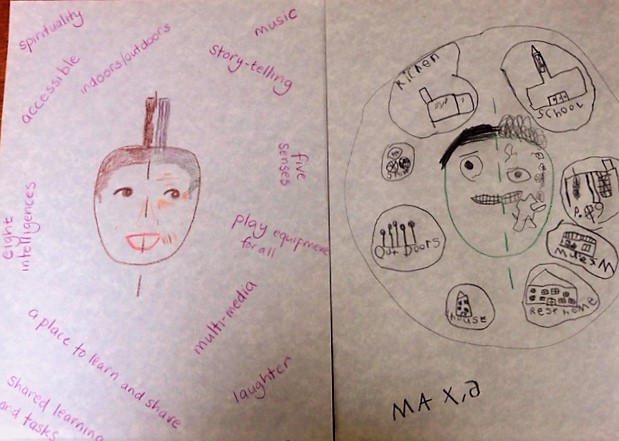Taking part in the ‘Age-Friendly Living Ecosystem’ Project
Through our friends at Intergenerational National Network we were invited to take part in a ‘virtual co-creation camp’. The Age-Friendly Living Ecosystem (AFLE) project is funded by The Scottish Universities Insight Institute in response to The UN Sustainable Development Goals.
The project will facilitate co-creation camps which will run over six sessions, using Zoom to connect us digitally. The focus of these sessions is about “Co-creating transnational opportunities for intergenerational place-making: Towards developing an age-friendly and intergenerational community ecosystem.” As with many other events, the sessions were moved to digital platforms to enable the sessions to continue safely through the COVID-19 pandemic.
The first Age-Friendly Living Ecosystem session
We recently took part in the first of the six sessions which was facilitated by project co-leads – Professor Judith Sixsmith, University of Dundee; Dr Mei Lan Fang, University of Dundee; and Allison Hamilton-Pryde, Herriot-Watt University. They provided us with a mix of guest speakers, discussion topics, case studies and creative activities. The other participants offered wide-ranging perspectives ensuring multigenerational and international voices were at the core of our learning.
The session explored; intergenerational living from a children’s and young person’s perspective; the opportunities and challenges that our physical communities present; what age-friendly spaces and places might look and feel like.
I thoroughly enjoyed the first session and left feeling inspired by the creative and diverse conversations. The international input was invaluable and I’m now in the process of following up some of the reading and resources that were shared. I am particularly interested in our physiological and sensorial responses to our communities; how our physical surroundings can influence our emotions and behaviours. I’m looking forward to the next session and until then I’ll be thinking about how we can build in more of these conversations to our projects such as Rural Wisdom and Community Connections.
Learning from international examples
It was fantastic to hear input from organisations outwith Scotland, like Studio Pneuma – a multidisciplinary architect and design company based in Copenhagen.
My colleague, Ruth, also appreciated the international element “It was lovely to be part of such an inspiring international gathering! There were many useful stories and points made, some of which will make me re-examine my own practice, some of which made me think ‘yes, that’s why that project works!’…it’s interesting to hear how the basic concepts help to meet the UN Sustainable Development Goals and the session helped me frame my thinking in terms of what we want that place to ‘feel’ like…and of course why these values should be applied to every space/place, indoors and outdoors.”
“AFLE is providing a great opportunity for the Intergenerational National Network (INN) to work with a group of people who not only have great research skills but are also keen to use these to the benefit of communities. Although it was disappointing to have to change from real workshops to virtual ones, the advantage has been that this has removed all geographic (if not time!) barriers, and we are able to have conversations with people all over the world.” Pat Scrutton, Intergenerational National Network
‘Age-Friendly Living Ecosystem’ have developed a survey about age-friendly and intergenerational spaces and would love to hear a range of different perspectives. The survey will take around 5 -10 minutes and you can find it here; https://dundee.onlinesurveys.ac.uk/the-intergen-survey-questions
Useful Links and Resources
- Rural Wisdom – https://otbds.org/projects/rural-wisdom/
- Community Connections – https://otbds.org/projects/community-connections/
- Intergenerational National Network – https://otbds.org/projects/intergenerational-national-network/
- ‘Age-Friendly Living Ecosystem’ project – https://www.scottishinsight.ac.uk/Programmes/UNGlobalGoals/IntergenerationalPlacemaking/tabid/8556/Default.aspx
- The UN Sustainable Development Goals – https://www.globalgoals.org/
- Studio Pneuma – https://www.studiopneuma.com/
- Intergen Survey – https://dundee.onlinesurveys.ac.uk/the-intergen-survey-questions

